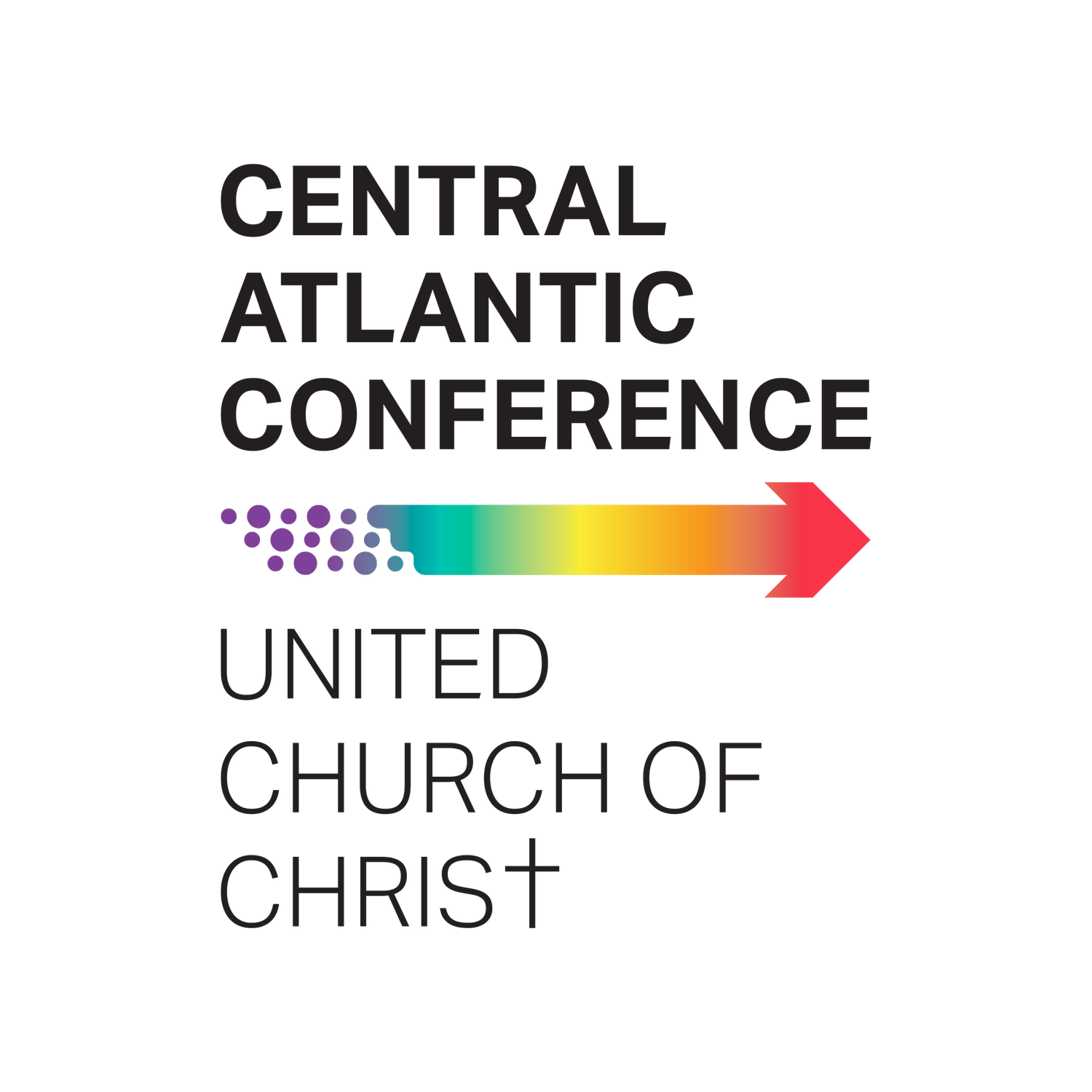Leadership Development
Clergy Compensation Guidelines
And please take a tour of the Clergy Compensation Guidelines with Rev. Sheresa Simpson-Rice, Associate Conference Minister of Leadership Development through this training.
Communities of Practice
What is it?
Communities of Practice are groups of clergy who covenant to worship, listen, and support one another over the course of a program year, which lasts ten months. Many groups are tightly bonded and remain together for years. The groups are facilitated by fellow clergy who have demonstrated experience in the fields of spiritual direction, psychotherapy and other related fields. There is a cost of $250 per program year (which operates from October through July) and in some cases there is partial financial support available from churches, associations, and other groups. You can register for the program by contacting Rev. Sheresa Simpson-Rice ssimpson-rice@cacucc.org
Why are Communities of Practice Important?
There are three necessary and interacting dimensions of a community of practice, per Rev. Christina Braudaway-Bauman and Rev. Dr. Lawrence Peers:
1. THE FOCUS IS MINISTRY: A clergy community of practice are identified by their shared interest in and their commitment to the ongoing development of competence in ministry (in a variety of settings). There are topics, issues and concerns that form a common domain of interest that creates a bond among participants.
2. THE COMMUNITY IS ESSENTIAL: As clergy engage in discussions, shared activities, help each other, and share relevant information with one another, they build relationships with one another. Over time, trust develops in these relationships and members come to share their deepest questions, their expertise, as well as their uncertainties. Mutual accountability becomes a way of caring for one another.
3. KNOWLEDGE IS PRACTICE-BASED: Knowledge within a community of practice is developed and is tested through actual practice as it is refined into common wisdom. Skill develops within the group as it helps its members to craft practices that members can use to address specific issues or the growing edges of their ministry. The combination of each of these three dimensions creates a clergy community of practice.
Community of Practice Facilitators
The Institutes
The Potomac Association has created a series of four classes to inform those interested in the ministry of the United Church of Christ about the governance, history, ministry and theology of our denomination. The costs for the courses is $75 per course. These course begin in the fall and run through the Spring of the following year. Learn more about these courses by contacting Rev. Sheresa Simpson-Rice ssimpson-rice@cacucc.org
Boundary Training
In Central Atlantic conference, standing is authorized and maintained by the associations that make up our conference. Each association acts independently around the authorization of those that seek standing, however as a conference we are united in the call for a clergy who educate themselves on good boundaries in ministry. Therefore, all associations in CAC require boundary training to be done every four years.
How much does it cost? Our four-hour Foundations course is $100.00. This required course is held both online and in person. Specialized courses, four credits of which must be completed each year, are $15 per credit hour. The courses vary in their credit hours and focus on various aspects of ministry: financial ethics, gender bias, retirement ethics, social media ethics, sabbatical as self-care, cultural awareness, etc.
2026 BAT Calendar is Now Available!
The calendar for 2026 is now available for BAT classes - both Foundations and Specialized Courses. There is a *new* addition to the classes offered in previous years: “The Ethics of Music, Musicians, and the Music Ministry.” Also of note are two classes offered online through MESA. Those registration links are directly on the calendar.
You can view a tentative calendar for BAT trainings in 2026 here.
What do I need to satisfy my BAT requirements? You can register for trainings by heading over to our events page here: https://www.cacucc.org/events
